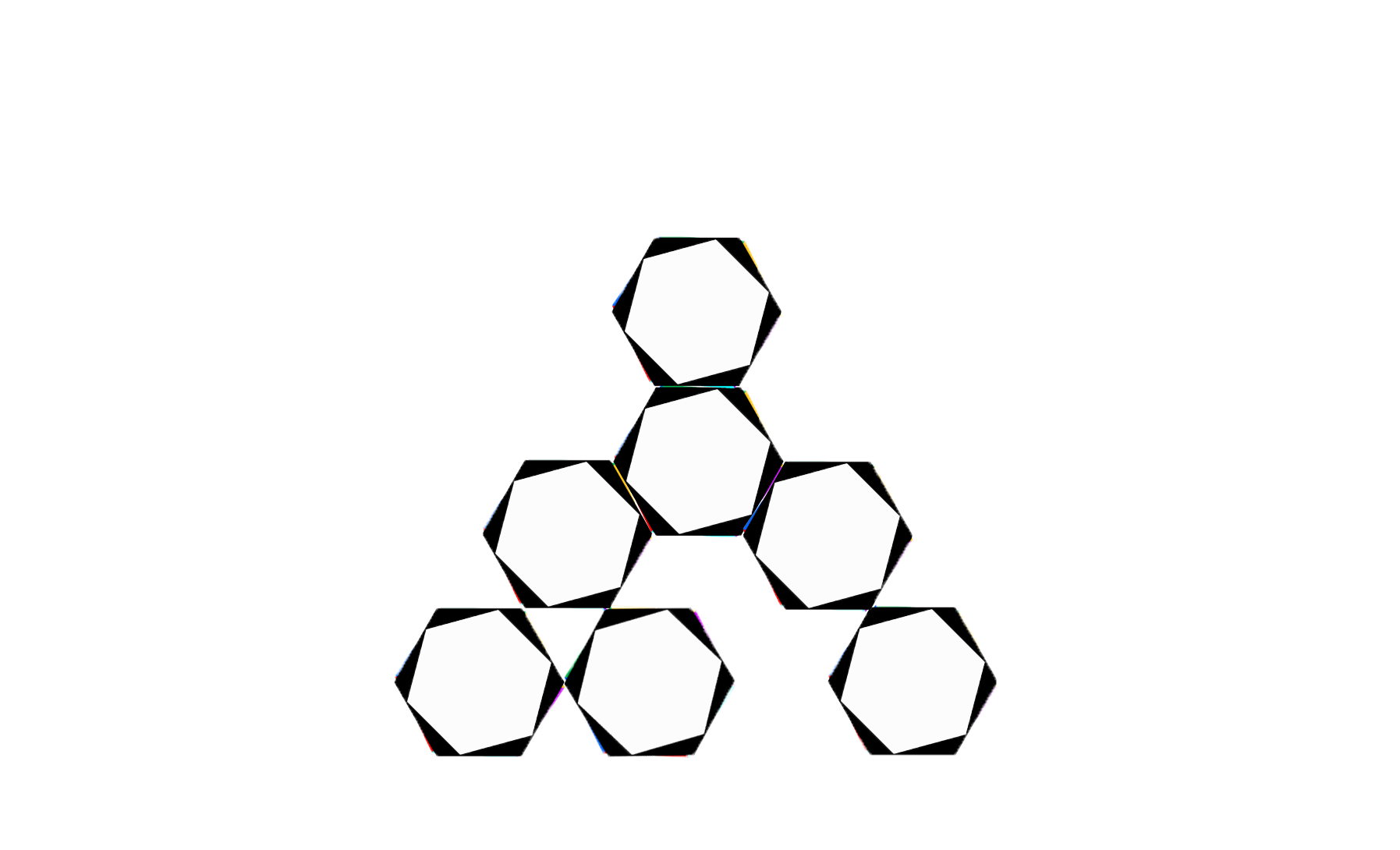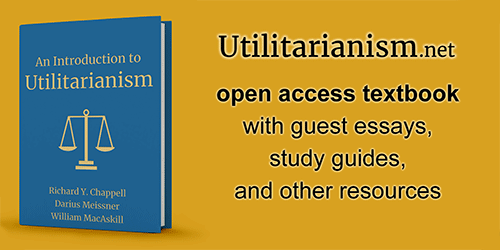Mini-Heap
Links to interesting stuff elsewhere…

- “The idea is to kind of not in fact talk about what people would normally be talking about” — philosopher Stephen Asma (Columbia College) and actor Paul Giamatti are putting together a new podcast called Chinwag. Here’s the trailer.
- “The key question to ask in a particular case is this: how much more likely am I to have this intuition if its content is true than if its content is false?” — Nevin Climenhaga (Dianoia, ACU) on how much philosophers should trust intuitions. He’s responding to this earlier piece by Edouard Machery (Pitt).
- “I’ve been told by middle-class academics that I don’t belong in academia and that I should be grateful to have any kind of platform. Fellow working-class academics have told me that I shouldn’t be working with ‘elitist’… universities” — on coming out as working class in academia
- Philosophy is training for death, said Socrates. Is marriage training for divorce? — a profile of Agnes Callard (Chicago), with a focus on her marriages, in The New Yorker
- “There is only one way to avoid the risk of over-attributing or under-attributing rights to advanced AI systems: Don’t create systems of debatable sentience in the first place.” — Eric Schwitzgebel (Riverside) and Henry Shevlin (Cambridge) on “a potentially catastrophic moral dilemma”
- “Professors are people too. They don’t like to think of themselves as the bone structure of our society’s most consequentially oppressive hierarchy” — on how professors neglect the structural injustice of academia. How accurate a picture is this?
- Hegel, who denied the existence of black history and black thought, inspired black philosophers who studied in Germany, such as Du Bois, Fanon, and Davis — five philosophers on making black intellectual history more visible in Germany
Discussion welcome.
Mini-Heap posts usually appear when 7 or so new items accumulate in the Heap of Links, a collection of items from around the web that may be of interest to philosophers.
The Heap of Links consists partly of suggestions from readers; if you find something online that you think would be of interest to the philosophical community, please send it in for consideration for the Heap. Thanks!



Thank you for linking to Dr. Craddock’s article about being working-class and trying to make it in academia. It’s not an Elegant Work of Profound Insight or anything, but it ought to get more play, and there ought to be more pieces like it.
But I’m not going to hold my breath. For it’s not about being a member of an already-protected group. (Or a member of a group that a shrill minority insist must now be protected). It’s a lonely dispatch from the wrong kind of “lived experience,” namely, an experience of the kind of structurally-based, autonomy-deficient life that some white males might suffer.
Since I have recently spent a lot of time trying to defend good old-fashion distributive justice from relational egalitarians, I am happy that Steve Randy Waldman’s article gives me a chance to trot out a central point I want to make about RE. Despite his characterization of leftism as centrally “antipathy to hierarchy,” I doubt many, even very left thinkers, really want to be, what I call, utopian antihierarchicalists; i.e., all hierarchies are always bad. Some hierarchies seem unavoidable, even good. Parent/child, regulatory agency/business, teacher/student, team captain/team, mentor/mentee, expert/nonexpert, democratically elected officials/citizens. If that’s right, then any plausible relational theory of justice or equality must either be utopian (abandon all distinctions between bad and good hierarchies) or provide some way(s) of telling pernicious from non-pernicious hierarchies. If what you need to do that is a theory of justice, then the antiheirarchialism itself isn’t really doing much work, is it?
Here’s one hierarchy, he mentions. “Within a university, distinctions reign between a graduate student or postdoc, an adjunct, an assistant professor on tenure track, an associate versus full professor.” Is it bad that this hierarchy exists? In some ways. For example, the fact that so much of the teaching is done by underpaid people lower in the hierarchy seems unfair. But the wrongness here is not the existence of a hierarchy, it’s the distributive injustice in income. But surely we don’t want to say that the mere fact that faculty have some say about what graduate students do and also grade and/or rank them, is, since hierarchical, is bad.
Waldman’s whole point is that academics are not leftist because they do not focus on hierarchicalism itself as the locus of all injustice. But they are right not to do so. To be a bit cavalier about it, that’s the wrong kind of leftists to be. I think it was Rorty who said something like ‘Even Foucault would want children to learn to stand in line at school.’ Maybe not Foucault, actually. But we should probably want our kids to defer to the teacher/student hierarchy at least enough to learn to wait their turn.
TL;DR It is not the case that academics are not properly leftist since they tolerate many academic hierarchies, because being hierarchical is, in an of itself, not what makes relations fundamentally unjust.
I think the notion of hierarchy here is indeed a bit heavy-handed and over-extended: it should be replaced with notions of authority: moral, epistemic, etc. The notion of hierarchy is more apt for societies, cultures, and organizations rather than smaller scale interpersonal relations (e.g., what is referred to above as seemingly good hierarchies). Of course authority relations are maintained within hierarchies but authority relations as such, are not necessarily hierarchical and often involve their eventual transcendence, as when the student becomes a teacher or the follower a leader, and so forth and so on. Hierarchies, by contrast, in large measure owing to their size, have more stability if not inertia as one of their characteristic properties.